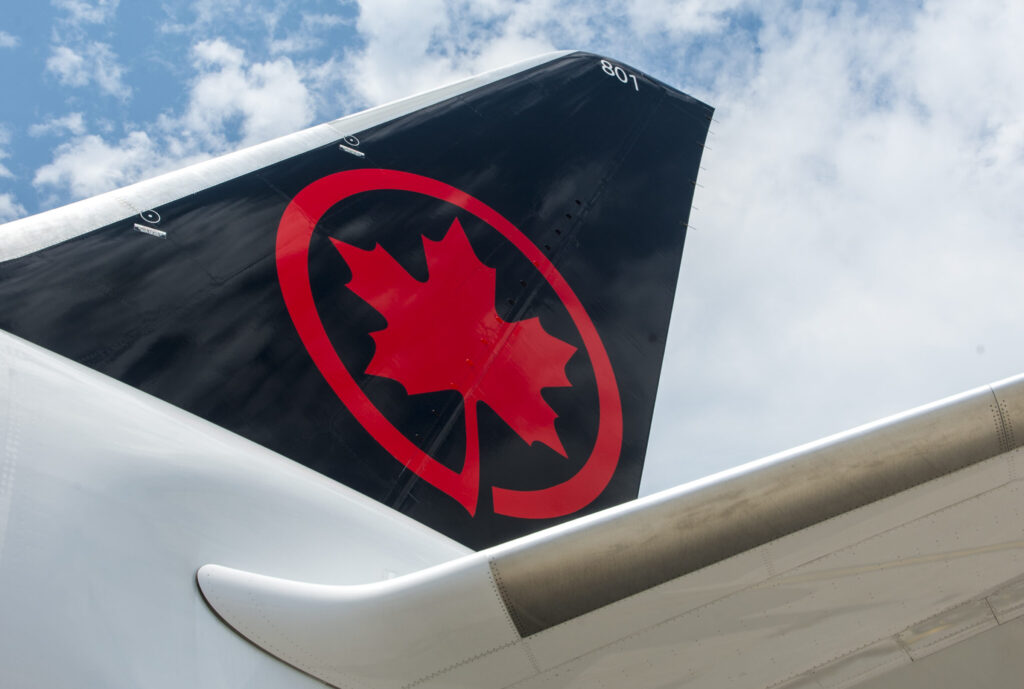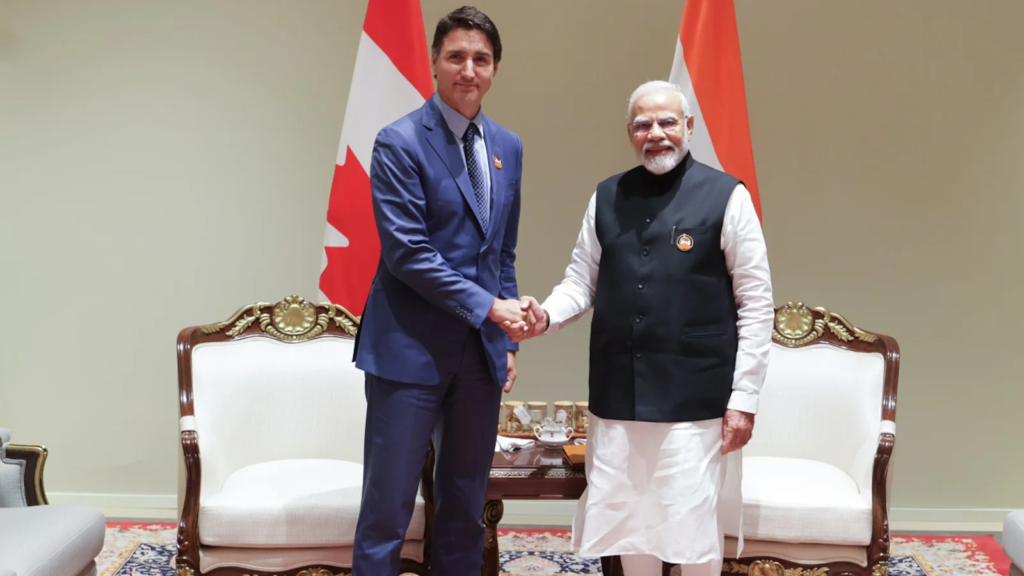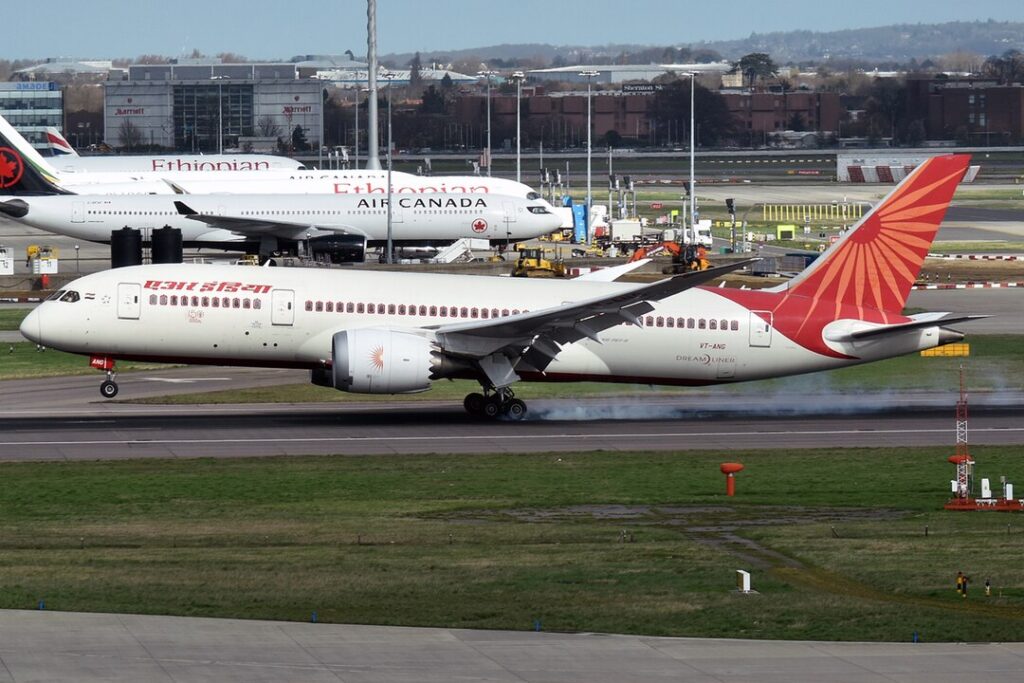OTTAWA- In the latter part of 2023, Canada experienced a significant decline in the issuance of study permits to Indian students. This decline was attributed to the expulsion of Canadian diplomats by India, who were responsible for processing the permits.
Additionally, fewer Indian students applied for study permits amid a diplomatic dispute related to the murder of a Sikh separatist leader in Canada, as revealed by a prominent Canadian official in a statement to Reuters.

Indian Students Canada Permit Decline
Immigration Minister Marc Miller, in an interview, expressed his belief that the number of study permits granted to Indian students is unlikely to recover in the near future.
The diplomatic tensions escalated following Canadian Prime Minister Justin Trudeau’s statement in June, alleging evidence connecting Indian government agents to the murder of Hardeep Singh Nijjar in British Columbia.
Miller anticipates that the ongoing tensions will have a substantial impact on the forthcoming numbers. He stated, “Our capacity to process numerous applications from India has significantly diminished due to the strain on our relationship with the country.”
As a consequence of the diplomatic rift, Canada was compelled to withdraw 41 diplomats, equivalent to two-thirds of its staff, from India in October, as directed by New Delhi.
Furthermore, the dispute has led to a notable shift, with Indian students exploring educational opportunities in alternative countries, as conveyed by a spokeswoman for the minister.
The combination of these factors resulted in an 86% decline in the issuance of study permits to Indians in the fourth quarter of the previous year compared to the preceding quarter. Official data, not previously disclosed, reveal a decrease from 108,940 to 14,910 permits during this period.

Favorite Study Destination for Indians
C. Gurusubramanian, counselor for the High Commission of India in Ottawa, highlighted that certain Indian international students are exploring alternative options to Canada. This shift is attributed to recent concerns about the insufficient residential and teaching facilities at some Canadian institutions.
In recent years, Indians have constituted the most substantial cohort of international students in Canada, receiving over 41% of all permits, totaling 225,835 in 2022.
Immigration Minister Marc Miller expressed uncertainty about the future evolution of the diplomatic relationship, especially in the event of potential charges by the police. He remarked, “I don’t perceive any resolution or positive development in sight.”
Canadian universities heavily rely on international students, who contribute approximately C$22 billion ($16.4 billion) annually. A slowdown in the influx of international students would pose a significant setback to these institutions.
While Canada remains a popular destination for international students, offering relatively accessible work permits after completing courses, the government aims to address the generosity of the postgraduate work permit program and tackle concerns related to “fly-by-night” universities, known as designated learning institutes.

India-Canada Tension
In June, Canada asserted the existence of “credible” allegations linking Indian agents to the murder of Nijjar in a Vancouver suburb, a claim rejected by India. Despite this, Canadian authorities have not filed charges against anyone for the killing.
In a parallel development, the U.S. Justice Department charged a 52-year-old man, previously associated with an Indian government employee, with plotting to assassinate a New York City resident advocating for a Sikh sovereign state in northern India.
Simultaneously, the Canadian government is actively working to decrease the overall influx of international students, partly in response to an ongoing housing shortage.
Immigration Minister Marc Miller acknowledged the current challenge posed by the overwhelming number of students and emphasized the need for a significant reduction over a short period. The government plans to introduce additional measures, including a potential cap, in the first half of this year.
To further regulate the system, the government is contemplating restrictions on off-campus work hours for international students, a move that has raised concerns about potential labor shortages in the food service and retail industries.
In 2023, the government projected a substantial increase in the number of international students studying in Canada, estimating around 900,000, triple the figure from a decade ago.
Miller disclosed that 40% of these students, roughly 360,000, were expected to be Indian, despite a 4% decline in permits issued to Indian students last year, maintaining their status as the largest group.
Stay tuned with us. Further, follow us on social media for the latest updates.
Join us on Telegram Group for the Latest Aviation Updates. Subsequently, follow us on Google News.

